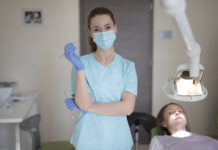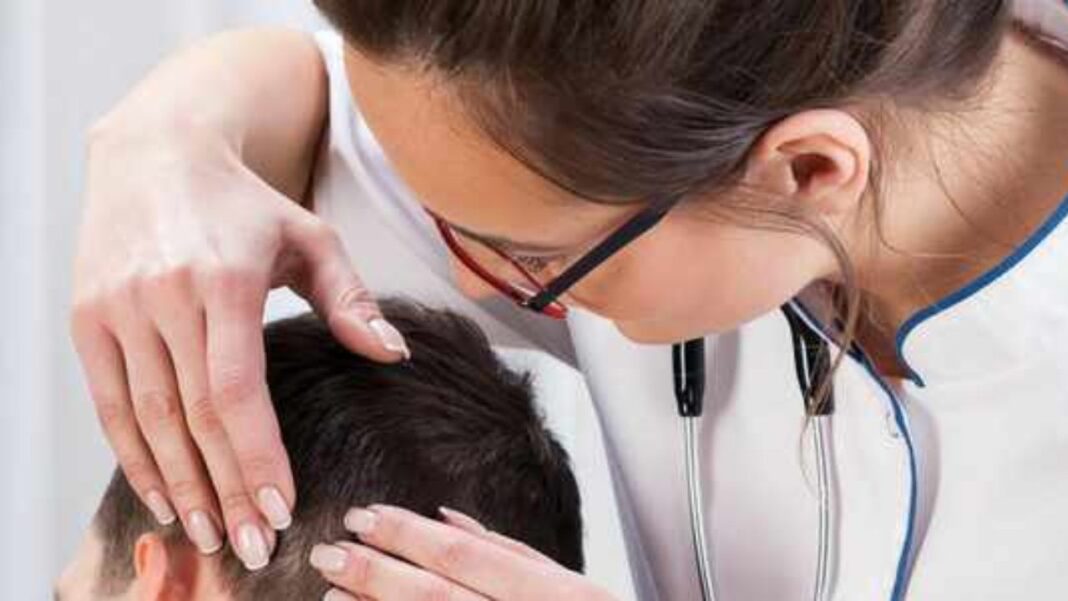Hair transplantation is an important decision that you should not take lightly – if your hair is constantly falling out, you should talk to a qualified professional first. After a careful examination, your doctor should be able to tell if you are a good enough candidate for a hair transplant or not. It is interesting to note that just because you lose your hair is not necessarily a candidate for a transplant – you need to have clear areas of the donor and recipient for the transplant. Also, more importantly, hair loss needs to be stabilized because if you still have hair loss, there is no point in transplanting, because your hair will continue to fall out.
Suppose you are marked as a suitable candidate for a transplant and your procedure is done without mistakes, there are still many things that can go wrong – there are still many things that can keep you from growing your hair. You were expecting a transplant. There are some important tips to keep in mind if you want your hair to grow very well after a transplant. By following these regular care tips on how to grow better, you can not only make sure your Hair transplant clinic is good, but also make sure that the transplant sticks.
Here are some things to keep in mind as well as the days after transplantation:
Before you begin the procedure, you will be given a list of what to do and what not to do, and you will be sure to remember everything for hours and days after the procedure. Most clinics will give you a printed version of all these instructions, as people are usually more likely to forget these instructions.
As soon as the procedure is over, you should have someone to take you home, where you can rest for as long as possible until the next morning. It is best not to drive alone, as there may be inappropriate sedation or anesthesia. At least for the first three nights, you should sleep with your head slightly raised, as this will help maintain the swelling.
You will be asked to stop drinking and smoking in the next few weeks,
So make sure you do this. You will also be asked to avoid medications that contain aspirin, as it thins the blood and can cause healing problems if swallowed. Be sure to tell your transplant surgeon about any medications you may be taking on a regular basis, as you may be asked to avoid them for a few days if you are taking them. Or your surgeon may prescribe other medicines that you can take until the effects of the transplant go away.
If there is bleeding,
Which is one of the most common side effects after a hair transplant, you just need to press lightly and continuously until the bleeding stops. In most cases, the bleeding should stop within minutes, but if not, contact your transplant surgeon immediately.
You need to make sure that you use the sterile solution that you received or prescribed
. The solution will help keep transplants clean and hydrated – this is very important for transplants to stay healthy and promote better hair growth in the future. If you have been prescribed ointments, you should apply them too religiously.
Although you will need to avoid hard work and exercise for at least a week, you should be able to return to your normal routine in a day or two. However, every time you leave, make sure your transplants are protected, as dirt and contamination can damage new implants and cause them to fall. Dirt can also cause an infection that can cause problems.



































